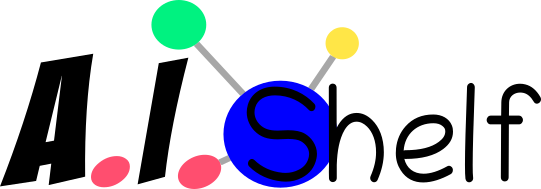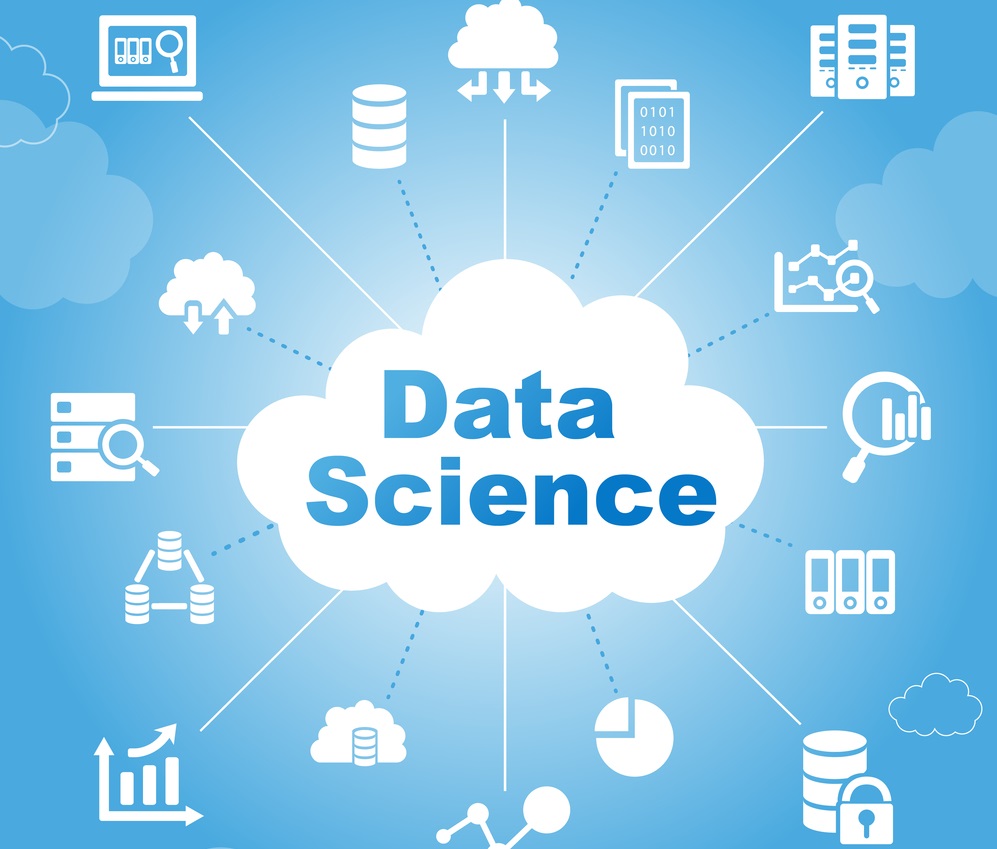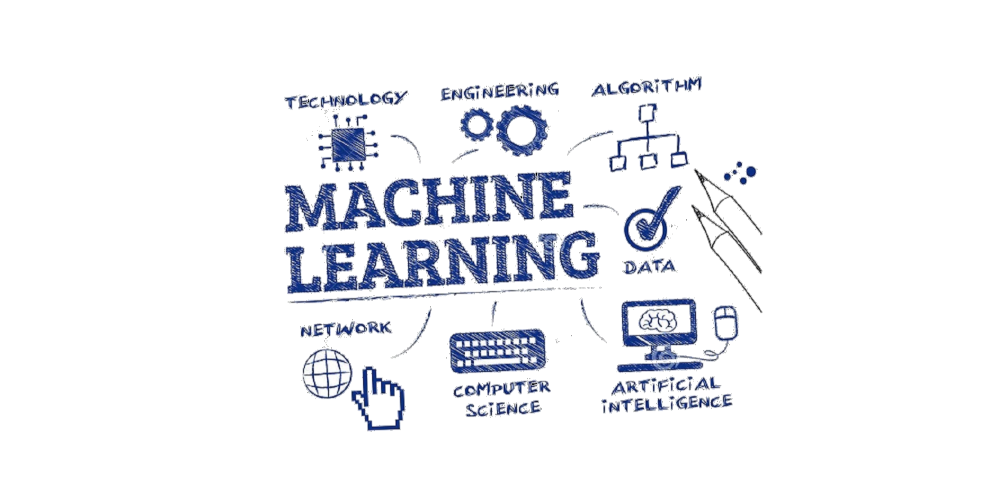Index
Should we be afraid of Data Sciences?
Data Science… does that mean anything to you? no ? and if I told you: Artificial Intelligence, Machine Learning, Deep Learning, etc. I’m sure it speaks to you now. Indeed, difficult to escape this concert of terminologies at the moment is not it?
But what can all this mean in reality? what is this hiding? Beyond the fad and the fact that everyone uses or practices these terms very often, we realize that the myth is not so vague. On the other hand, communications around the subject spread like wildfire, unfortunately without any real intention of popularization. Industrial voluntarism or simple ignorance? this is not the debate here but …
Result: are you lost? or worse you start to be afraid of this new world which is offered – or rather – imposed on you?
The worst part is that if you work in data or in IT… these concepts speak vaguely to you, but in the end you do not master all the capacities and potential limits that this brings. Basically you are like me a few months ago
To tell the truth and in all honesty, I do not yet have answers to all of my questions. Obviously each will go from his theory. Focusing its analysis on a technological or even a philosophical approach (following Pioneers like Azimov, Turing, etc.). In short, this is not my initial objective, I can reassure you.
My idea, through this blog and more particularly around this first article in a long series, I hope, is to share with you my discovery of this fabulous world of Data Sciences and more particularly of Machine Learning.
Why Data Sciences?
Well yes why? Simply because I’ve been working with data for 20 years. I know how to collect them, transport them, clean them, distribute them… in short, handle them. But I have great frustration in the matter: I do not know (or little) how to give them a real value! I would like to be able to work on information and make it speak. Understanding it better is sometimes obvious, but deducing trends, groups and predictions: Ouhaa! well this aspect seems fascinating to me because the doors it opens are endless.
Now if we start to take a close look at the various articles around Data Science and Machine learning in particular, we quickly realize that this world is more complex than it seems. In fact it is not a question of a world but of the crossroads of 3 worlds:
- Mathematics (Ouch it’s been 20 years since I didn’t do it)
- Computing
- And the job, basically the know-how and knowledge around a very specific and concrete subject (finance, medicine, security, etc.)
Ouch, we will have to harmonize these 3 universes which are not used to being linked!
Data Sciences, OK, but where to start?
The challenge promises to be difficult, but on “Googling” closely, we quickly realize that the Internet is full of documentation and MOOCs on the subject. Nice, I’m going headlong into a first level of documentation (Wikipedia and other articles) on the subject. These first readings confirm my first impression… the subject is vast, very vast even. Isn’t that what makes it so exciting either?
These first readings completed, I am embarking on a MOOC search in order to get to the heart of the matter. Excellent news there are several and free what is more! I would only quote them (in French & English):
- FUN (Fundamentals for Big Data)
- OpenClassrooms
- Udacity
- Google IA (Introductory Machine Learning Course)
It is when you start to take the courses that you realize what really is the crossroads of the 3 universities mentioned above.
Indeed each Mooc will approach the subject rather starting from a particular facet.
As an example, the Mooc FUN for example is very suitable for maths. He approaches the subject from a very academic point of view through a theoretical prism. It immerses you very quickly directly into equations, statistics and other probabilities. To be honest, it was an approach that did not suit me. An engineer by training and mind, I prefer to approach a subject from the perspective of experimentation … and then better understand it through theory. So I didn’t go all the way the first time around, and came back later when things were clearer in my head. In short, it’s just a question of appetite. And that’s also the beauty of the Mooc: you can peck whatever you want.
So I switched to another Mooc (the one from Google in particular) which surprised me by its quality! In short, if you like an approach that starts with concrete elements like me, I recommend it (Udacity’s is not bad either).
Like me, embark on the adventure or follow me in mine …





